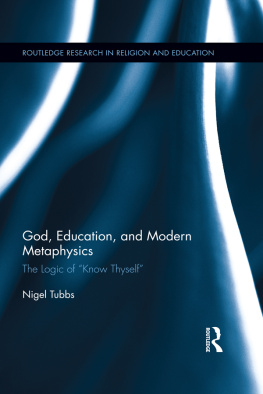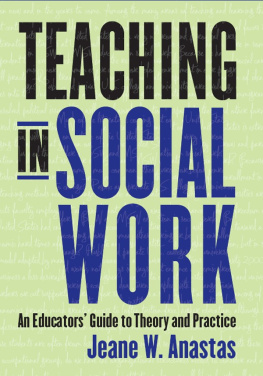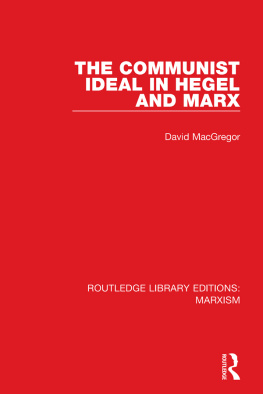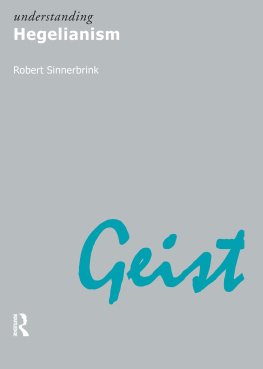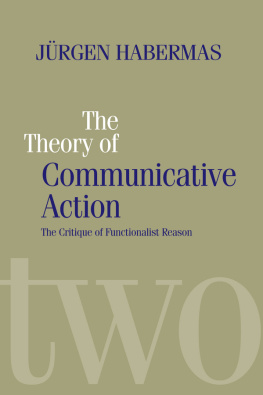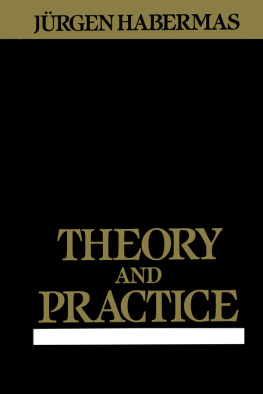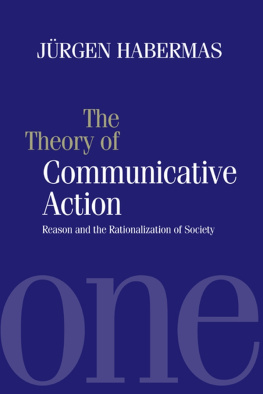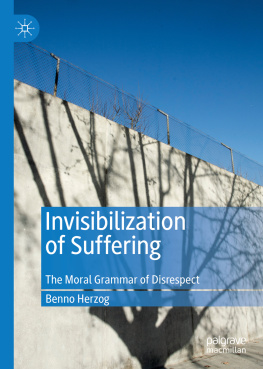First published 1997 by Ashgate Publishing
Reissued 2018 by Routledge
2 Park Square, Milton Park, Abingdon, Oxon, OX14 4RN
711 Third Avenue, New York, NY 10017, USA
Routledge is an imprint of the Taylor & Francis Group, an informa business
Copyright N. Tubbs 1997
All rights reserved. No part of this book may be reprinted or reproduced or utilised in any form or by any electronic, mechanical, or other means, now known or hereafter invented, including photocopying and recording, or in any information storage or retrieval system, without permission in writing from the publishers.
Notice:
Product or corporate names may be trademarks or registered trademarks, and are used only for identification and explanation without intent to infringe.
Publishers Note
The publisher has gone to great lengths to ensure the quality of this reprint but points out that some imperfections in the original copies may be apparent.
Disclaimer
The publisher has made every effort to trace copyright holders and welcomes correspondence from those they have been unable to contact.
A Library of Congress record exists under LC control number: 97073407
ISBN 13: 978-1-138-32348-3 (hbk)
ISBN 13: 978-0-429-45137-9 (ebk)
I am especially grateful to Sheila Roche for her advice and comments, to Anne Judd and to Cherry for her work on the text.
The aim of this book is to read social and educational relations against each other in order to develop a comprehensive notion of education.
It follows on from work begun by Gillian Rose in her book Hegel Contra Sociology. Through her reading of Hegel she argued that illusion is implicitly contained within and unavoidably reproduced by bourgeois social relations. She showed how sociological critique repeats those illusions and how it fails to comprehend that repetition in any substantial way. Like other such cultures, sociology is torn apart by the aporias (the irresolvable dilemmas) which it generates by its own reasoning and self-reflection. It is driven by the desire to know these aporias in a way which will overcome its contradictions and heal its divisions. But, despondent and exhausted at the repetition of aporias, caught in the impasse of dualisms of object/subject, structure/agency, and individual/collective, sociology despairs at its eternal failing to overcome and to heal.
The significance of Roses work is that it comprehends the fate and repetition of such cultures as an educational movement and development. Contra sociology, Rose protests against despair and against the overcoming of despair. Her protest is comprehensive. It includes itself within that which must be protested against. In this sense, what Rose offers is protest as contra-diction and contradiction. In speaking against, protest also and at the same time opposes itself. This is the contradictory self-relation of contra for Rose. Contradiction of Enlightenment seeks to extend this insight regarding protest to educational categories and educational theorising. Contra enlightenment and critique, it argues that illusion is implicitly contained within and unavoidably reproduced by educational relations, particularly those determined around its categories of knowledge and the teacher. Educational critique, like sociological critique, fails to comprehend its repetition of illusion and its aporetic reasoning in any substantial way. As Rose did for sociology so, now, Contradiction of Enlightenment shows how education can achieve a comprehensive understanding of its contradictory self-relation and can come to experience protest as the development and education of its own philosophical consciousness. Put differently, it shows how, in protest, education becomes itself.
The educational significance of Roses work is contained in her notion of the broken middle. It is an idea which contains oppositions and contradictions, seeking not to resolve them, but to risk their negativity and to learn from it. The broken middle holds within itself both our despair at the impasse of repetition, and the education which is implicit in these negative (self) experiences. In the broken middle, illusion is formative, the negative is substantial, and learning, or the education of our philosophical consciousness, is self-determinative. Above all, the broken middle holds the positive and the negative together and apart, learning from the experience of contradiction and the contradiction of experience.
One of the key aspects of the broken middle is that it is constitutive of and is constituted by the ambivalence of our experience of identity, that is, our experience of who or what we are. In Loves Work, Rose writes that you may be weaker than the whole world but you are always stronger than yourself (1995, p. 69). In terms of social and educational relations, this translates into experiencing ourselves as both less than the identity of person and teacher, less than independent, but also as more than the non-identity of slave or student, more than merely dependent. The broken middle is this gap. The experience of this gap in and for itself is set out abstractly in the Introduction. The determination of this experience in social and educational relations is explored in the rest of the book. It is in drawing out the educational work contained within the broken middle of social relations, and in drawing out the social or public work contained within the broken middle of educational relations, that this book continues and develops the work begun in Roses Hegel Contra Sociology.
Such a broken middle is contained in this Preface (and in the Conclusion). This is the beginning of the book yet it is written at the end of the book. It is written as the beginning with the hindsight gained from the end. This position at the beginning is therefore illusory and unstable. It is not what it appears to be. It announces that which has already happened yet also that which is yet to come. As such the Preface is already contra itself, already a protest against its own statements. It contains its own contradictory self-relation, its own self-opposition, its instability, for its truth lies in its development and that development lies elsewhere than in the Preface. This is the difficulty of the speculative proposition in Hegelian philosophy. This Preface, with its apparently definitive statements, commends that it be read as you, the reader, experience it, i.e. as definitive statements whose certainty you protest against. It is in that experience where what is abstract becomes for consciousness, where certainties are negated, and where, in the relation of certainty and protest, the content of the Preface becomes actual.
Actuality is the whole as it is lived and experienced. It is the whole of the broken middle of social and educational relations. But presuppositions of reason, of enlightenment, of overcoming, of the positive and the negative, and of repetition dominate actuality and avoid its difficulties, its risks and its circles of certainty and uncertainty, and of uncertainty and certainty. Such presuppositions are a domination of life as it is lived and experienced. Roses reading of Hegel takes the comedy of actuality seriously. This means taking the comedy of contradiction seriously, risking its negative implications and having faith in the risk when the results are less than were hoped for. Above all, it means recognising the educational life and soul of philosophical consciousness, a recognition which is formative, and in which, as Nietzsches Zarathustra demands, we become what we are. In risking the experience or misrecognition of illusion by itself, Rose has exposed, for us, the broken middle as (our) self-experience, and recognised our illusory being as the formative process which is self-relation. When the broken middle of the culture of reason (


